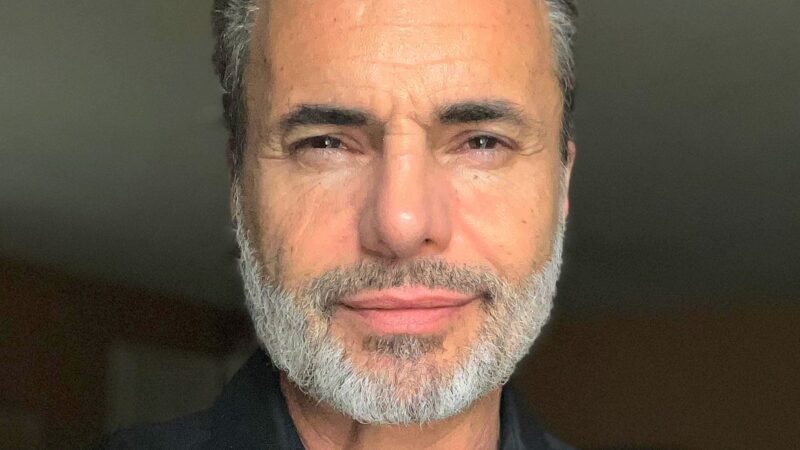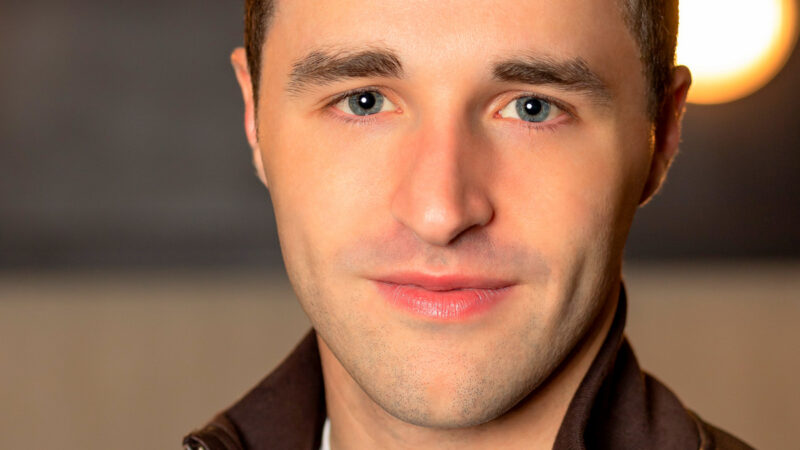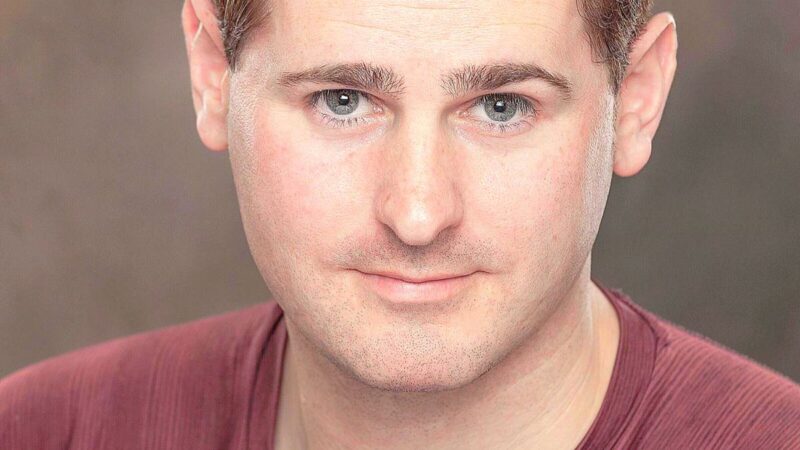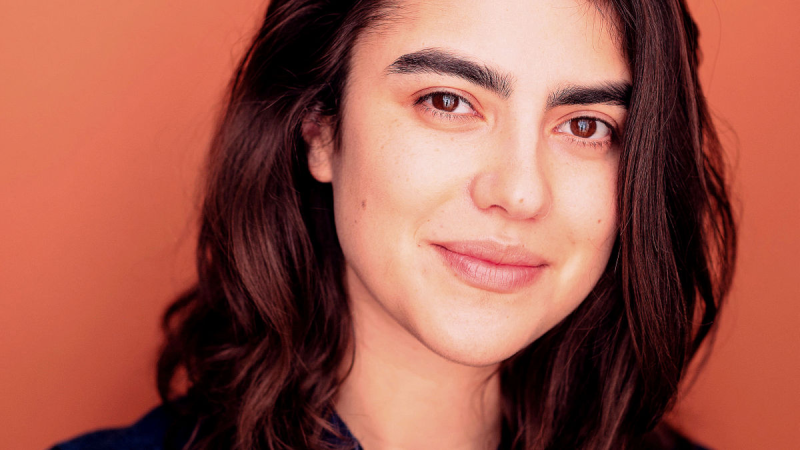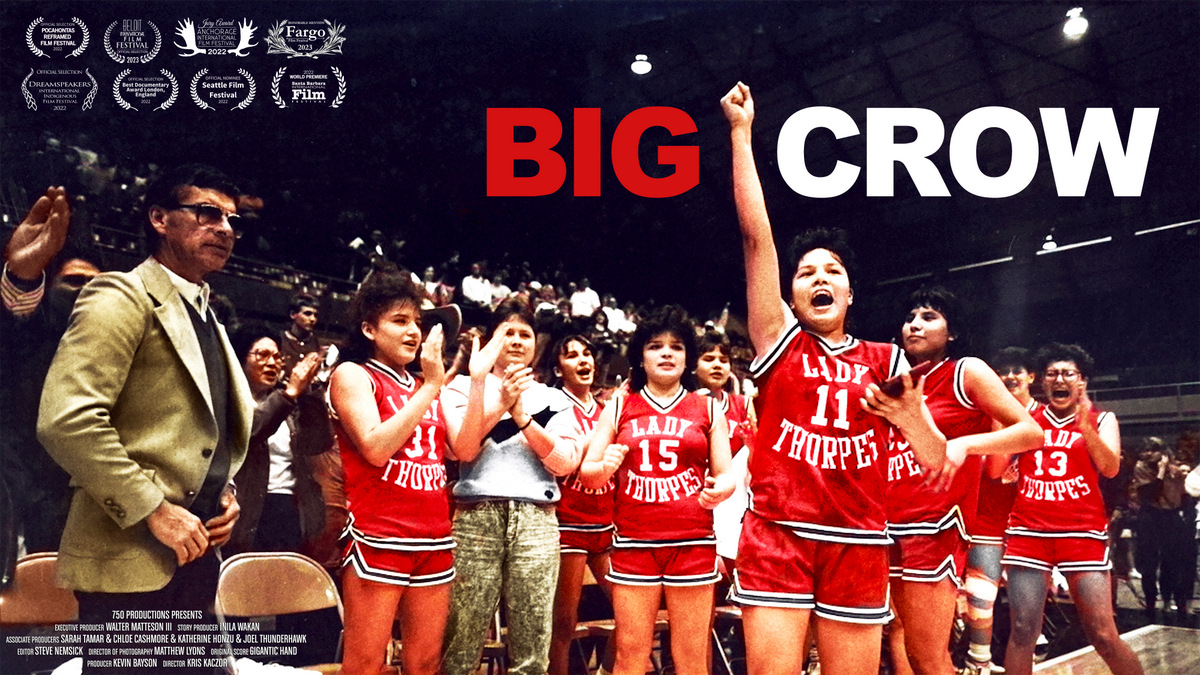
I live in New York City, and Los Angeles where I direct and shoot documentaries. My first feature-length directorial debut Divide In Concord (2015), championed by filmmaker Michael Moore, won Best of HotDocs in 2015, and continues to air on PBS. Big Crow (2022), my second feature-length documentary, premiered at the 2022 Santa Barbara International Film Festival. I’m an Emmy-nominated DP and commercial editor.
My recent endeavors with directors Ron Howard and Bryce Dallas Howard are currently featured on Disney+, National Geographic, Hulu, and Apple TV+. My cinematography on Bryce Dallas Howard’s acclaimed documentary Dads (2020) led to an Emmy nomination for Director of Photography on Ron Howard’s We Feed People (2022).
My latest project was shooting Bryce Dallas Howard’s second feature documentary PETS (2023) produced by Imagine Documentaries and I am currently creating commercial content for Wieden+Kennedy.
The official trailer for Big Crow directed by Kris Kaczor
indieactivity: How would you describe your work as a director?
Kris Kaczor (KK): My work attempts to be objective in nature, while following subject matter in a cinema verité manner. I look for the bits and pieces of human behavior that reveal the natural comedy of life and follow them. I attempt to let the characters and action play out naturally, while documenting the subtle emotions and changes that define a moment in time.
How did you get into directing?
Kris Kaczor (KK): I have always wanted to be a director because I’ve had clear visions of what I wanted a film to be and feel like. This began by directing 16mm shorts and later, Divide In Concord. I did not want to compromise on my visions for films and realized that directing was the best way to execute these objectives.
How do you choose a project to direct?
Kris Kaczor (KK): I have chosen projects in the past by simply relying on the unique situations that life presents. Some people call these coincidences, some synchronicity, and others circumstance. I feel as if the topics and stories “come to me.” Often times these revolve around unlikely heroes and stories that will help lead humanity towards positive social change.
What uniqueness can female directors bring to film/tv/cinema?
Kris Kaczor (KK): Being male, I do not feel qualified to answer this question.
The Townhall Meeting from Divide in Concord directed by Kris Kaczor
Do you often take courses to increase your craft?
Kris Kaczor (KK): No. I rely solely on mentors who inspire me while creating their own work.
What books do you read?
Kris Kaczor (KK): On the Rez, Ian Frazier ; Walden, Henry David Thoreau ; One Hundred Years of Solitude, Gabriel Garcia Márquez ; Zen and the Art of Motorcycle Maintenance, Robert Pirsig ; The Power Of Myth, Joseph Campbell
Why would you choose an actor, writer, or producer? What do you look for?
Kris Kaczor (KK): I chose inspiring people who are passionate about their craft and the subject matter chosen. Of course they must be dedicated, hard workers as well.
When you are offered a project, what things do you put in place to deliver a good job?
Kris Kaczor (KK): I need to understand what the motivation of the subject matter is. Often times this is not a character driven matter, but rather guided by the overall thesis. So I need to understand what the finished product will be. Then I will work backwards to ensure that needed content is gathered to prove the thesis.
Briefly explain your latest work?
Kris Kaczor (KK): My latest work, BIG CROW, is a story about an unlikely hero who helped to save her dying culture. This included becoming embedded into the Oglala, Lakota culture of Pine Ridge South Dakota. In order to gain access properly, years were spent getting to know the Lakota people. The culture is matriarchal, so the grandmas were the first people that I needed to approach. They were the guide to the backbone of the hero story. The result is an ethnographic study and biopic influenced by my own input.
The Directors Reel for Kris Kaczor
Explain key challenges on your last film?
Kris Kaczor (KK): My last film was an independent production and therefore budget is always the main issue. Even though the project was about Native Americans, grant funding did not come as I hoped. Therefore I needed to work advertising jobs to pay for the film’s production. I spent 120,000 to make the film. An additional 15k was earned from a Kickstarter campaign.
What ‘thing/situation’ helps you during production?
Kris Kaczor (KK): Remaining calm during stress and perhaps chaotic situations. Often times this requires me to alter the original objective or direction on the fly. In the words of Producer Kevin Bayson, “Smooth is fast.”
Explain a creative choice you took on the set of a recent production?
Kris Kaczor (KK): I like to put a microphone on a character, put a long lens on the camera, and let the action play out naturally. Magic often ensues. I also like to center characters in frame to maintain a playful edge in the manner of Wes Anderson.
How do you advise directors to find projects?
Kris Kaczor (KK): Let them come to you. Do not force anything or anyone to “make” a project happen.
How can filmmakers finance their projects?
Kris Kaczor (KK): By any means necessary. Do not expect that any one way will provide the needed finances.
The official trailer for New York City directed by Kris Kaczor
What do you want from an actor during a production?
Kris Kaczor (KK): Authenticity, passion, and talent.
How do you prefer to work with a producer during a production?
Kris Kaczor (KK): I prefer to work closely with the producer on set. I feel that the producer has arranged the way and the method to achieve the filmic goal, but these are inevitably changing. A flexible producer will help guide the production as the process develops.
What do you think a female director can do to get into the film industry?
Kris Kaczor (KK): Being male, I do not feel qualified to answer this question.
Who is your favorite director?
Kris Kaczor (KK): Werner Herzog and Wes Anderson
Why?
Kris Kaczor (KK): Many documentaries are boring. Werner Herzog tackles large social issues and concepts without adhering to any rigid or traditional documentary styles. He simply creates entertaining films, at times developing new methods and modes. As a result he is able to create a visual poem that transcends normal story-telling. Also I include Wes Anderson because I compose my shots in a similar method as Wes Anderson. In centering all shots, there is comical appeal that disarms the subject matter and doesn’t force a strict mood. The scenes and subject matter speak for themselves.
Saint Joan of Arc
What advice would you give male/female directors around the world?
Kris Kaczor (KK): Important stories are relative to the individual. A director needs to let stories come to them naturally, without any coercion or force. You are part of this world, not in this world.
Briefly write about your career?
Kris Kaczor (KK): My career has developed naturally, with patience and time. I began filming the 1999 student riots at Michigan State University because my gut said to document them. It would turn out that I was one of the only people to film the history-making riots. I was then drawn to make 16mm art films because my gut said to master the art of cinematography.
I was then drawn to direct my first feature “Divide In Concord” because my gut said to follow the passionate story of one woman trying to change the world. This led to Michael Moore recognizing and celebrating the film. In filming Divide In Concord and the 16mm films, I worked towards mastery of verité documentary cinematography, which led to shooting Bryce Dallas Howard’s film “Dads” which led to shooting Ron Howard’s film “We Feed People.”
This led to an Emmy nomination for “We Feed People.” And all this culminated in following the path of story-telling to make the latest film “Big Crow” about a hero from the Lakota Tribe, determined to save her sacred, dying culture.
Tell us what you think of the interview with “Writer-Director-Producer”. What do you think of it? What ideas did you get? Do you have any suggestions? Or did it help you? Let’s have your comments below and/or on Facebook, Instagram, or Twitter.
Socials
Website
IMDb
Facebook
LinkedIn
Instagram
Vimeo
FILMMAKER INTERVIEWS

